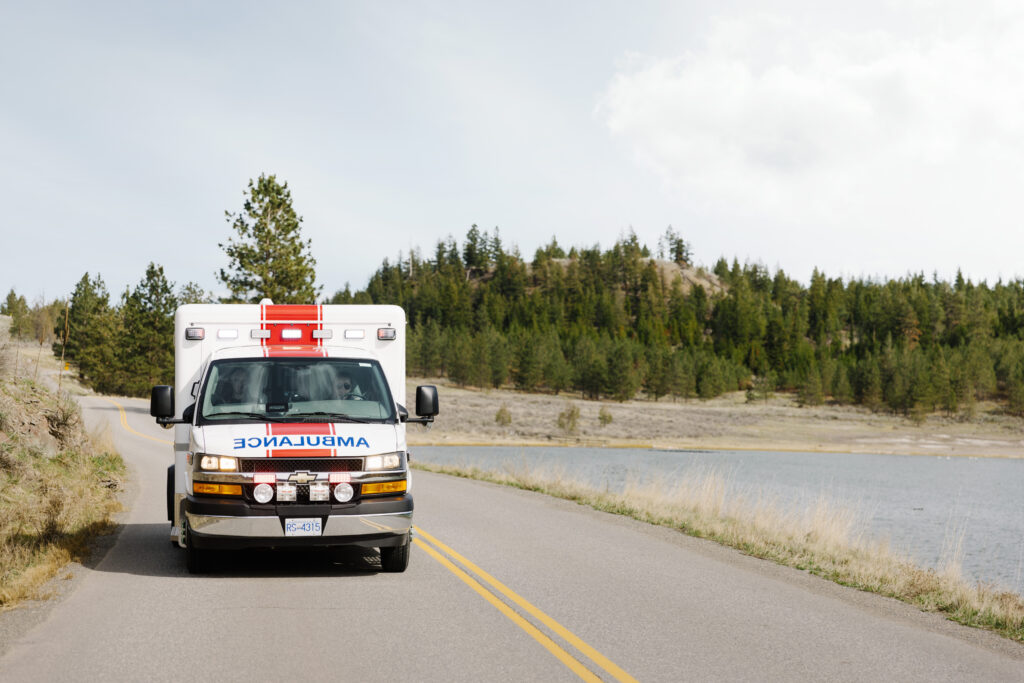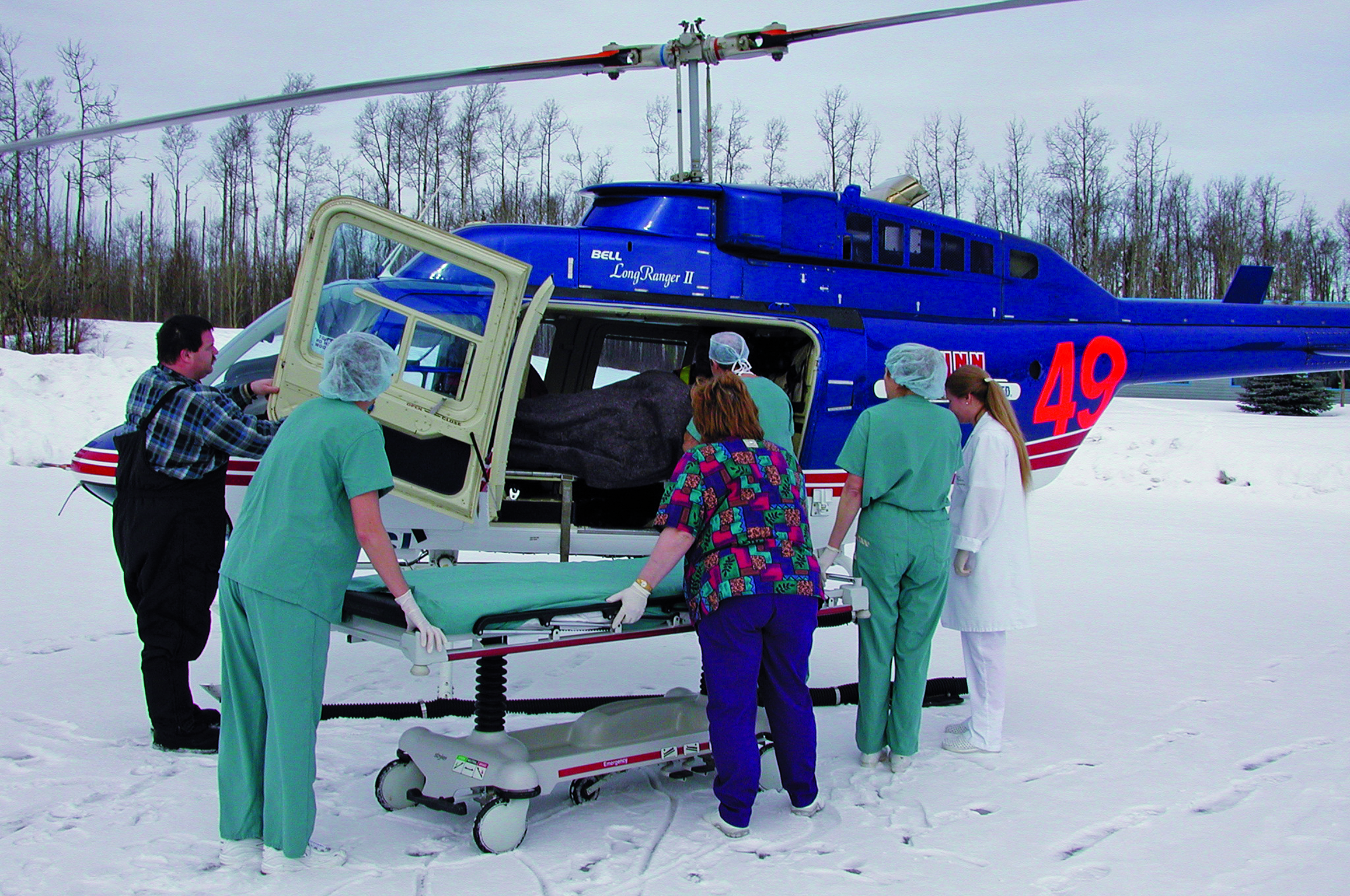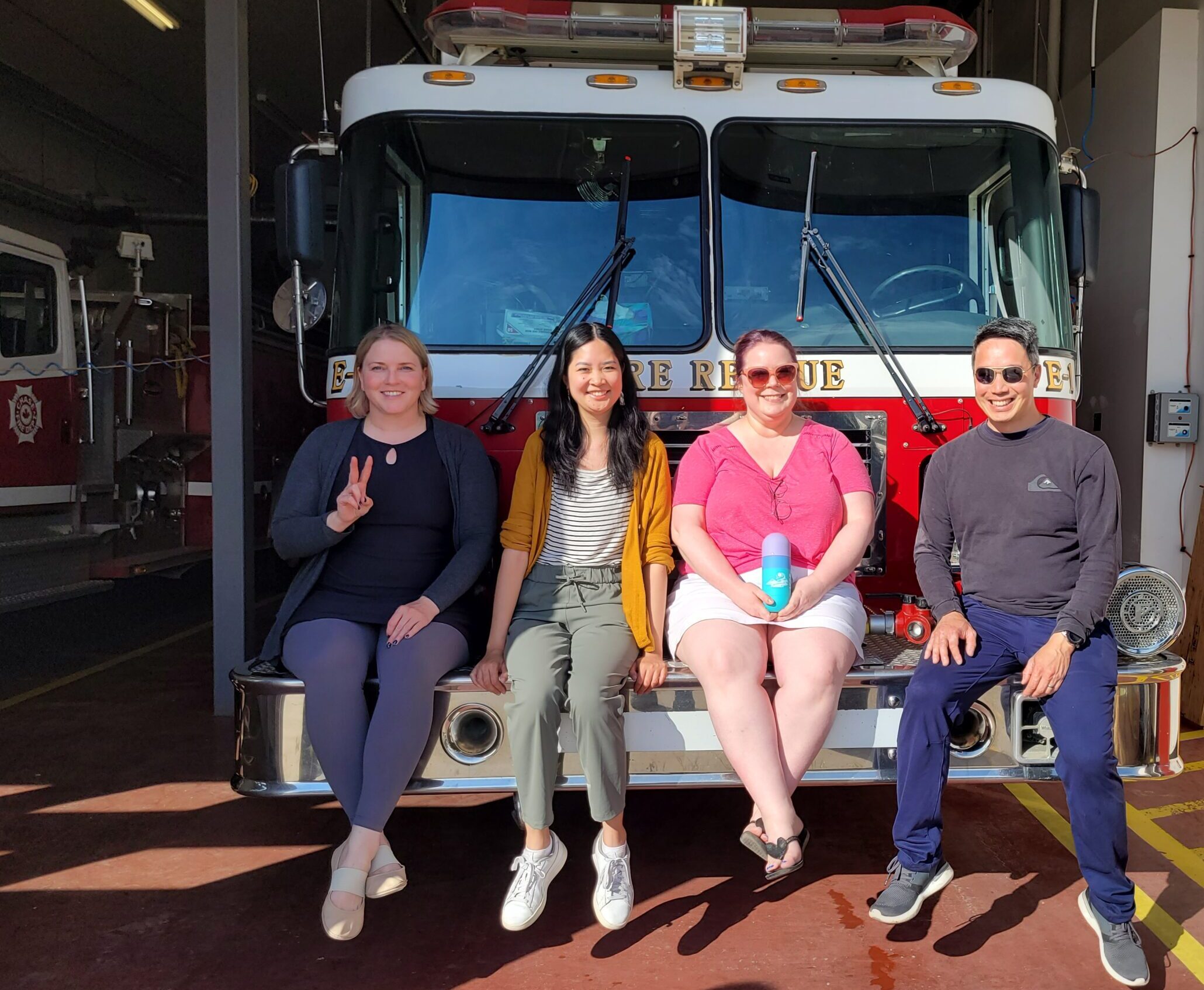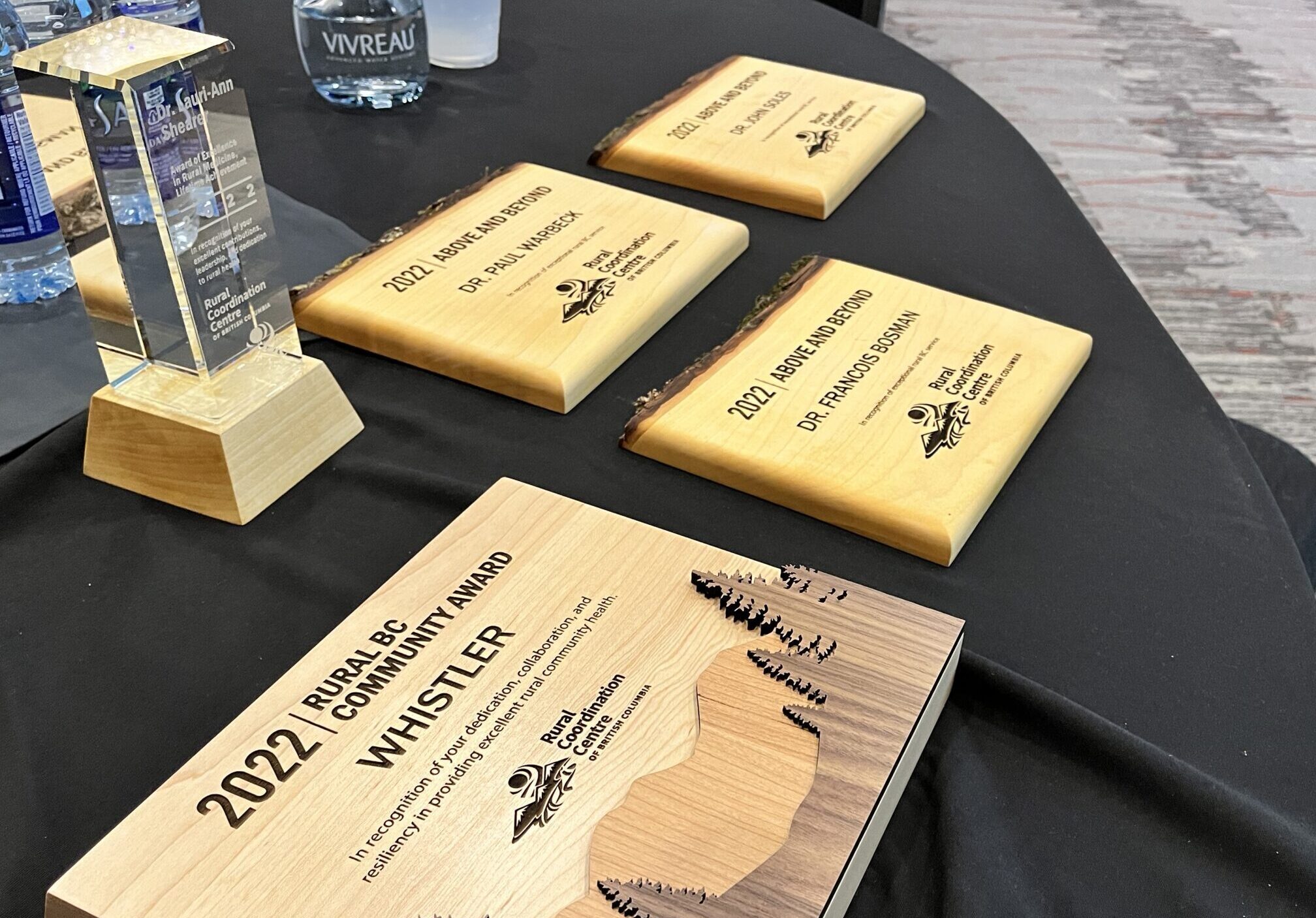The Transport initiative conducts research and advocacy on emergency medical transport in rural British Columbia. It works with rural physicians, the BC Ministry of Health, health authorities and communities to find ways to improve emergency medical transport to improve rural patients’ health outcomes.

Explore the Numbers
30 Research Interviews
Transport team researchers interviewed more than 30 participants from across British Columbia in 2022–23 to gather their experiences with emergency medical transportation.
Making a Difference
Despite the complexities of emergency medical transport in rural British Columbia, RCCbc’s Transport team continues in making significant contributions toward improving it for healthcare providers, patients and their families.
“In the coming year, we anticipate that our research study will shed light on the impacts of emergency medical transport on rural, remote and Indigenous communities,” explains Dr. Trina Larsen-Soles, who leads the initiative for RCCbc. “We anticipate that the results, which we hope to release in 2023, will be used to facilitate discussions and improvements in the current system.”
Relationship-building, which has proven integral to creating positive changes in addressing transport issues this past year, will also be sustained.
“The Patient Transport Partnership Table will continue to strengthen relationships to enable further advocacy work,” says Dr. Larsen-Soles. “Data from the Transfer Data Analytics Working group will become available to inform further action.”
Team Members
Click on a team member to explore which other projects they have contributed to in the past year.

Trina Larsen-Soles
Lead, Transport
Trina Larsen-Soles’s Projects: Annual Reports

Ray Markham
Executive Director, Medicine
Ray Markham’s Projects: Annual Reports

John Soles
Co-lead, Transport
John Soles’s Projects: Annual Reports

Jeff Beselt
Co-Lead, RUDi (Emergency), Real-Time Virtual Support
Jeff Beselt’s Projects: Annual Reports

Nancy Humber
Lead, Rural Surgical & Obstetrical Networks
Nancy Humber’s Projects: Annual Reports

Nelly Oelke
Co-Scientific Director
Nelly Oelke’s Projects: Annual Reports

Jel Coward
Medical Co-director, The CARE Course




